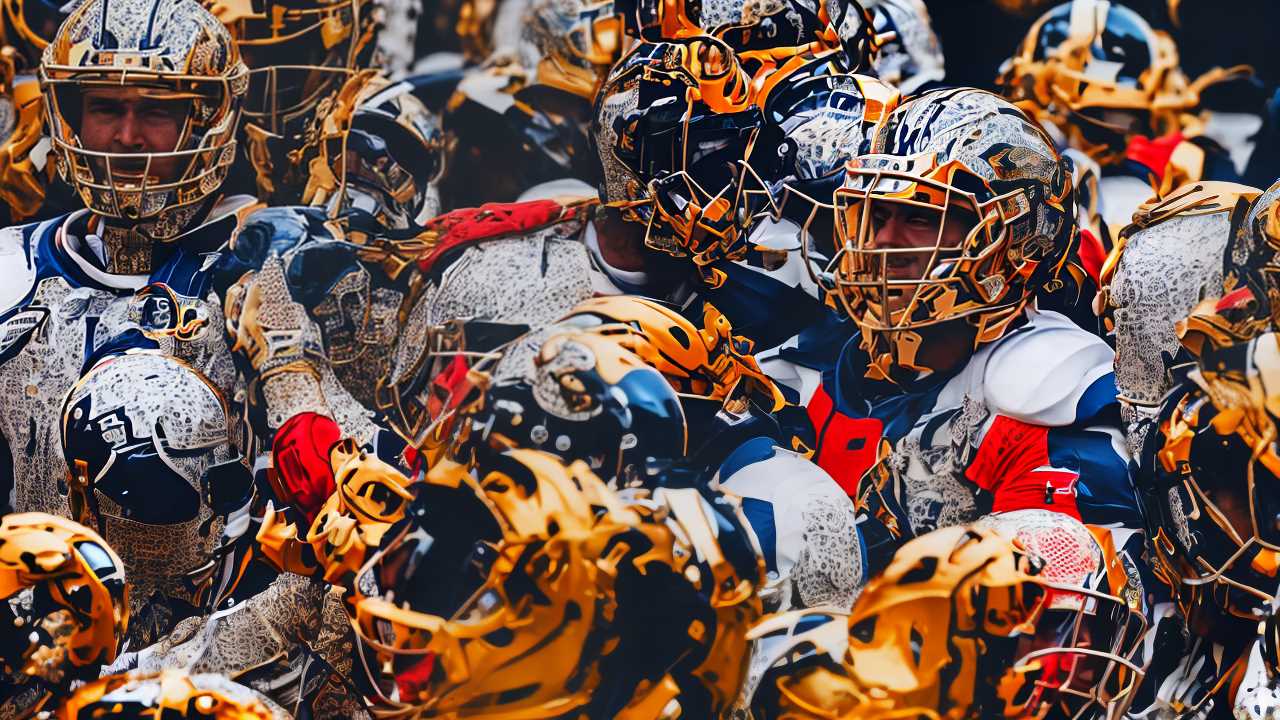
Here is the 1000-word article on the best practices for team building in sports, focusing on the keywords teamwork, collaboration, communication, trust, leadership, and cohesion:
Introduction
In the world of sports, team building is a crucial aspect of success. Whether it's a professional sports team or a high school athletic program, fostering a strong sense of unity and collaboration among team members can make all the difference in achieving their goals. In this article, we will explore the best practices for team building in sports, focusing on key elements such as teamwork, collaboration, communication, trust, leadership, and cohesion.
Emphasizing Teamwork and Collaboration
One of the most important aspects of team building in sports is promoting a culture of teamwork and collaboration. Coaches and team leaders should encourage athletes to work together towards a common goal, rather than focusing solely on individual achievements. This can be achieved through team-building exercises, such as group challenges or problem-solving activities, which require athletes to rely on each other's strengths and support one another.
Additionally, fostering a sense of shared responsibility can help strengthen the team's bond. When athletes understand that their actions and performance affect the entire team, they are more likely to put in extra effort and support their teammates.
Effective Communication
Communication is another key component of successful team building in sports. Coaches and team leaders should establish clear lines of communication, ensuring that every team member understands their role and expectations. Regular team meetings and one-on-one conversations can help facilitate open dialogue and address any concerns or issues that may arise.
Encouraging athletes to communicate effectively with each other is equally important. This includes promoting active listening, providing constructive feedback, and resolving conflicts in a respectful manner. By creating an environment where athletes feel comfortable expressing themselves and collaborating with their teammates, coaches can foster a stronger sense of unity and cohesion within the team.
Building Trust and Leadership
Trust is the foundation of any successful team, and sports teams are no exception. Coaches and team leaders should strive to create an atmosphere of trust, where athletes feel supported and valued. This can be achieved by being transparent, consistent, and fair in decision-making processes, as well as recognizing and rewarding individual and team accomplishments.
Developing strong leadership skills among team members is another crucial aspect of team building. Coaches should identify and nurture athletes who demonstrate leadership potential, providing them with opportunities to take on additional responsibilities and guide their teammates. By empowering athletes to become leaders, coaches can create a more resilient and self-sufficient team dynamic.
Fostering Team Cohesion
Finally, promoting team cohesion is essential for successful team building in sports. Cohesion refers to the sense of unity and belongingness that team members feel towards one another and the team as a whole. Coaches can foster cohesion by creating a positive and inclusive team culture, where every athlete feels valued and respected.
Team-bonding activities, such as social events or community service projects, can help strengthen relationships between teammates and create a sense of shared purpose. Additionally, celebrating team successes and milestones can reinforce the importance of working together and supporting one another.
Conclusion
In conclusion, team building in sports requires a multi-faceted approach that focuses on promoting teamwork, collaboration, communication, trust, leadership, and cohesion. By implementing these best practices, coaches and team leaders can create a strong, united, and successful team that is better equipped to face challenges and achieve their goals. Remember, building a successful sports team is an ongoing process that requires dedication, patience, and a commitment to putting the team's needs above individual interests.


